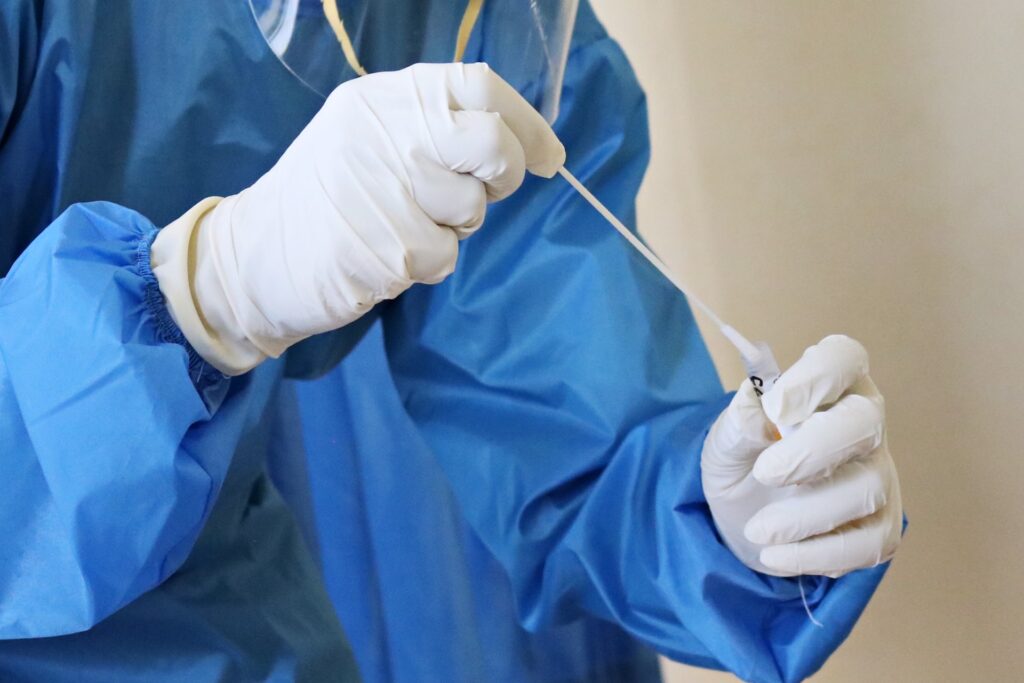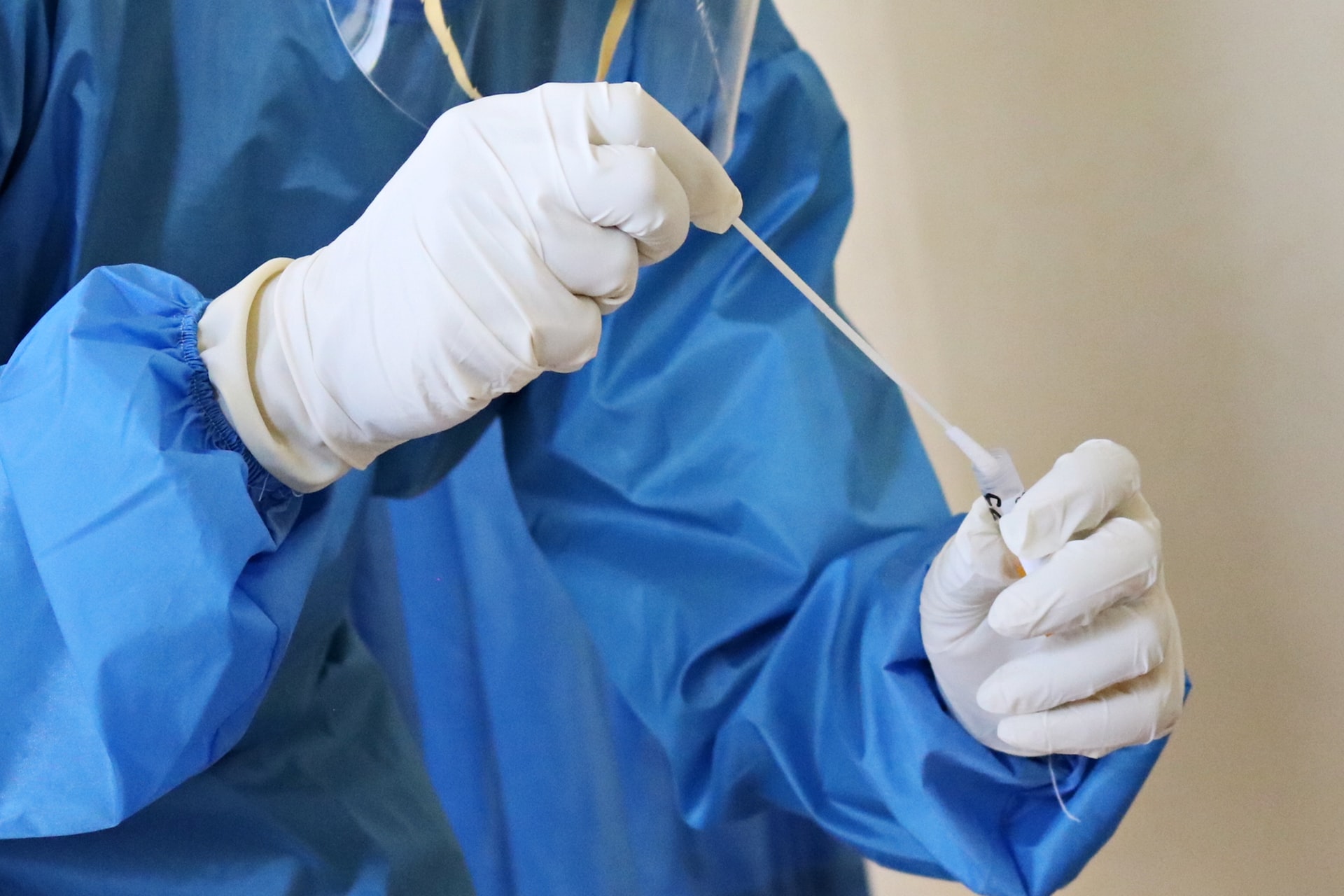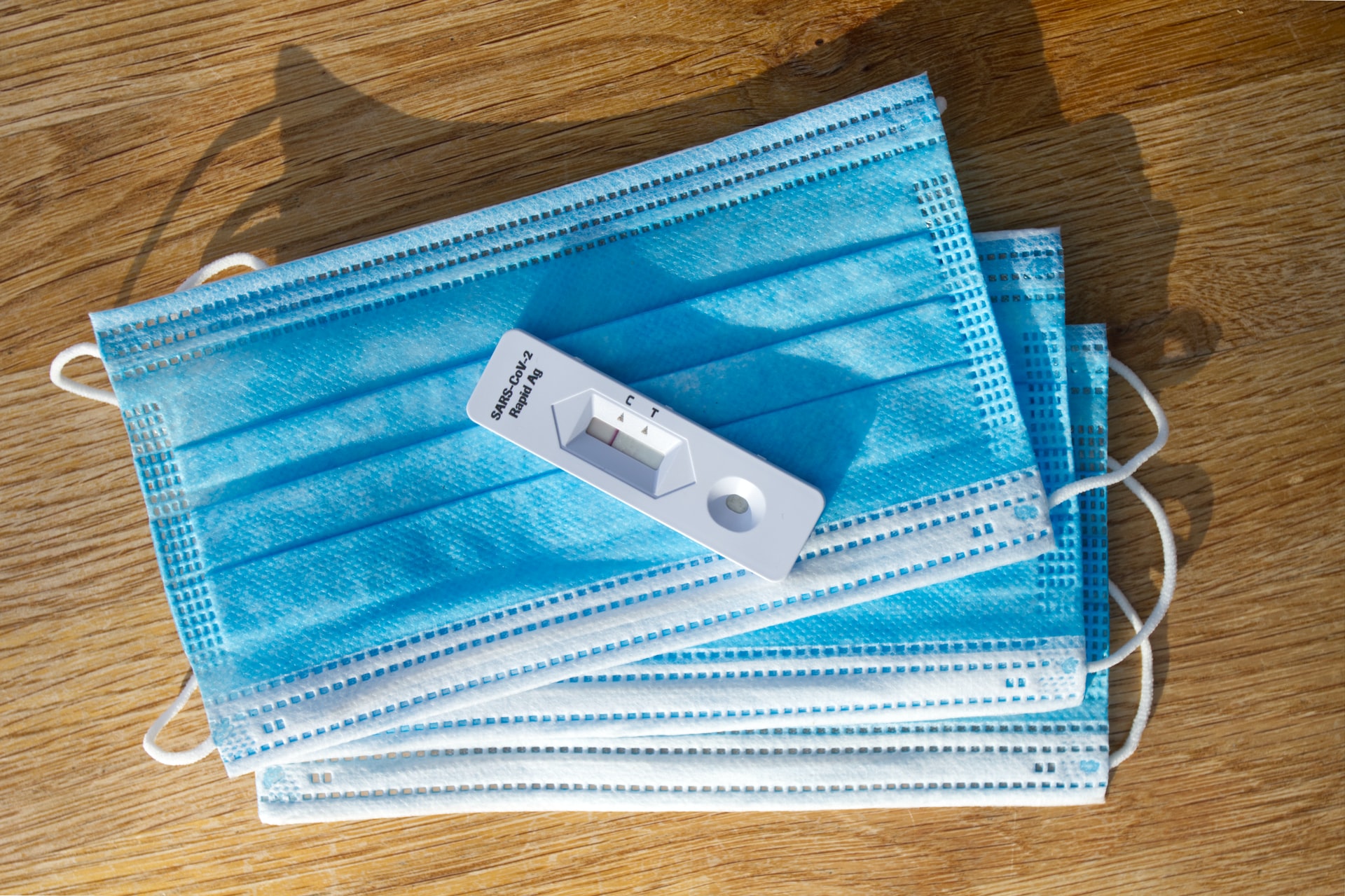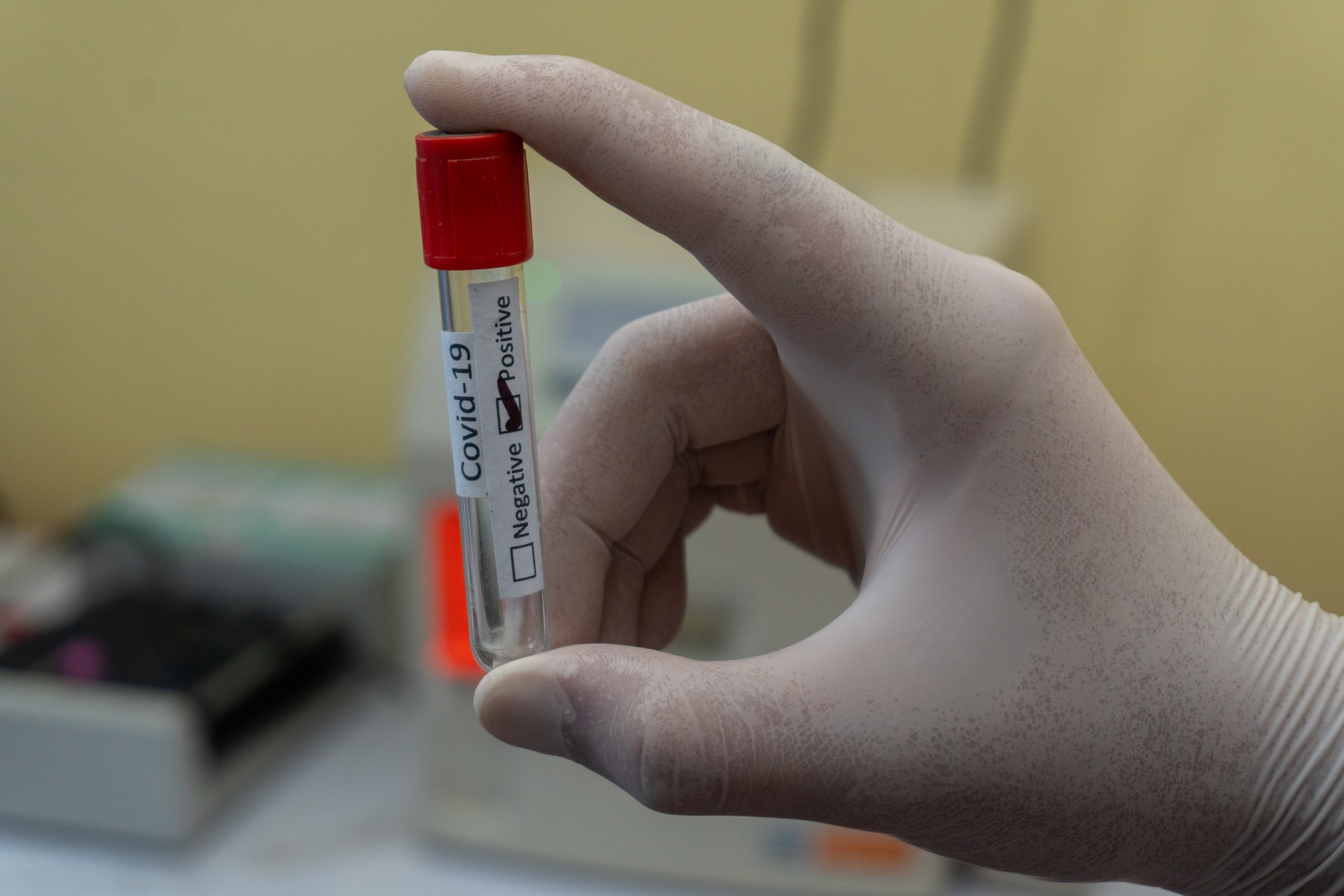A Guide to Ensure You Are ‘Fit To Fly’ for Last Minute Travel

With the busy schedules that many people lead, last-minute travel has become the norm. Whether you booked your flight last week or this morning, it’s essential to ensure that you’re ready to fly before you get to the airport and that you know the current COVID-19 guidelines.
You could end up in some hot water at check-in if you haven’t taken a fit to fly COVID test. Make sure that you are able to travel by taking a few simple precautions and checking up on the latest travel rules before you head to the airport. Here, we have everything you need to know about COVID testing when you’re flying abroad.
What Tests do I Need to Travel Internationally?
It is important to remember that different countries have different health requirements, so checking these out before travelling is important.
Although there are a few exceptions, many countries require proof of COVID-19 vaccination. In some cases, you won’t need to test as long as you have sufficient evidence of your vaccination status. You’ll need to check what counts as proof of vaccination – it can vary between destinations and depending on in which country you received it. Some vaccines aren’t recognised for international travel purposes, so it’s best to check well in advance.
If you’re unvaccinated, you will probably have to take a polymerase chain reaction (PCR) test before you fly. Of course, the result will have to be negative before you can board your flight. In any case, check the current rules for the destination you are flying to because the guidelines and restrictions are being updated often.
Do I Need to Test When I Return to the UK?
At the time of writing, UK residents do not need to take a COVID-19 test or fill in any forms in order to return to the UK after travelling abroad.
Those visiting the UK also no longer need to take a test or complete a passenger locator form, making planning your trip that little bit easier! However, always check official websites for the most up-to-date information to ensure you don’t get a surprise at the airport if the regulations have changed.
Currently, these rules also apply to those who are unvaccinated.
Where Do I Take COVID-19 Tests for Travel?
Before you travel, whether on business or for pleasure, make sure you’re prepared with your COVID-19 tests. The good news is there are plenty of options for taking these tests when the time comes.
You might find you can take your test at the airport before you leave (although this doesn’t allow time to change your plans if you test positive). Some airlines require passengers to take a test in a designated testing clinic, whereas others will accept tests that have been done at home.
Where Can I Get COVID-19 Tests?
You can order and book COVID tests for travel online. You’ll need to book a designated PCR fit to fly test; those offered by the NHS are not valid for travel purposes.
Check with the airline you are flying with, as they may have some recommendations as to where you can get your pre-departure test. When you’ve found a provider, check they are verified and that their tests meet the required standards. You should also ensure you will be able to get the results in time – some are sent on the same day, whereas others can take up to 48 hours.
How Much Do Coronavirus Tests Cost?
There are a few factors that impact how much COVID tests cost; generally speaking, costs will vary based on where you live and how soon you need the results. Covid pre-departure tests cost between £40-£150 in most cases, depending on where you get tested.
Some clinics will charge more if you need your results on the same day. Tests you do yourself at home are generally the cheapest option. As noted above, free NHS PCR tests cannot be used for travel purposes, so be sure to factor the cost of the test into the budget for your holiday. Remember, kids might need a test, too, depending on their age and vaccination status.
How Do I Take a Lateral Flow Test?
We highly recommend you follow the manufacturer’s guidance on how to take a COVID lateral flow test at home, as this is crucial for ensuring accuracy and confidence in your results and ensuring you are deemed ‘fit to fly’.
There are several steps involved that must be followed correctly to ensure an accurate result. First, clean your hands and the work surface before taking the sample. Additionally, when you gather the sample, follow the manufacturer’s guidelines, as each test kit is different.








